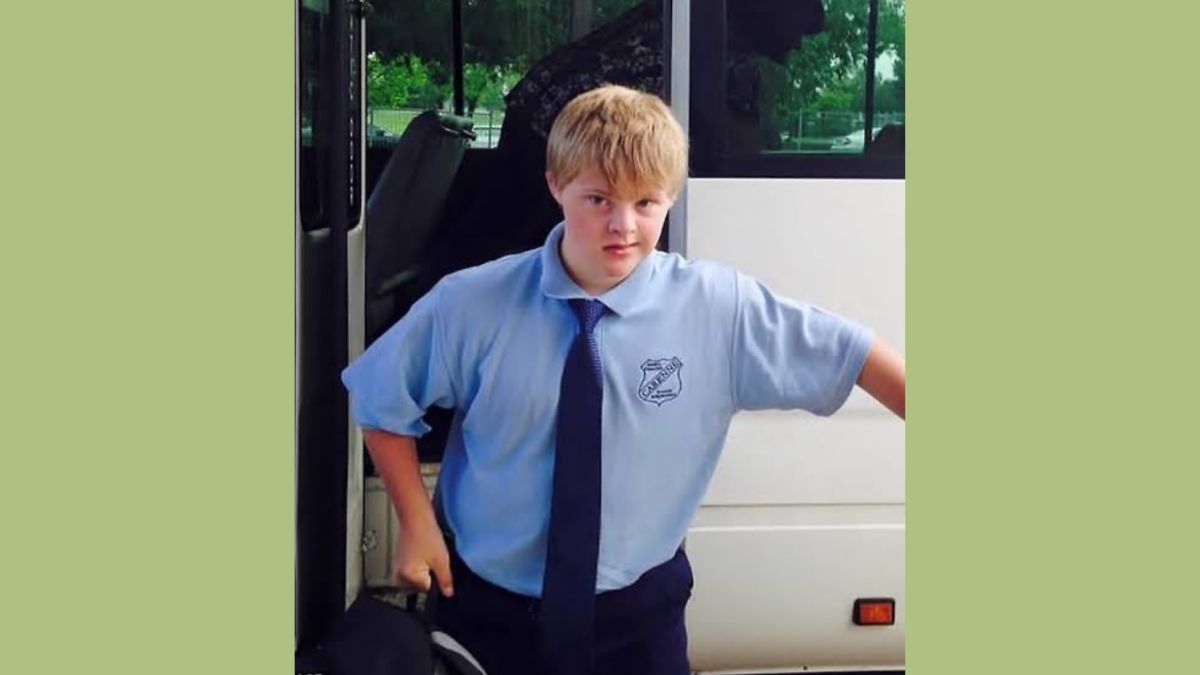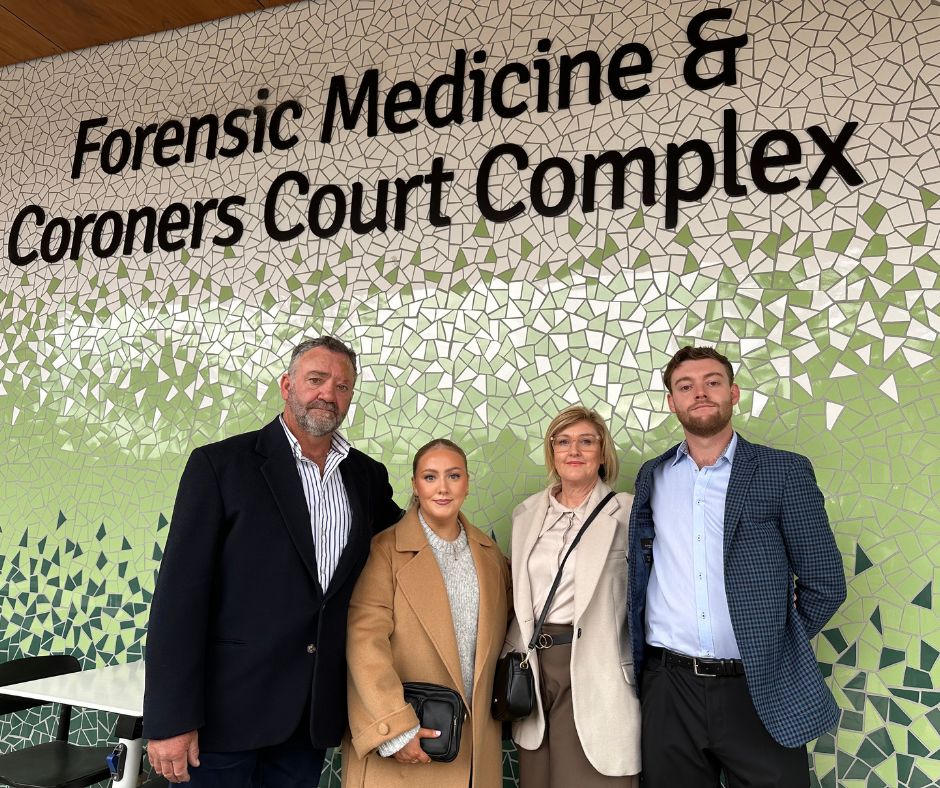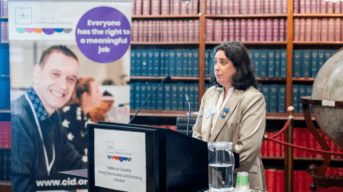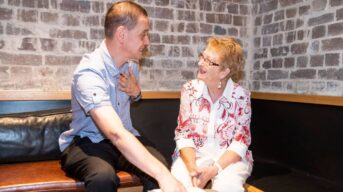
Proper care would have given Finlay a chance
Inquest finds grave deficiencies in health care at Bathurst Hospital
Finlay Browne arrived at Bathurst Hospital Emergency Department at 4pm on 30 September 2016. He had acute abdominal pain. He was 16 years old and had Down Syndrome.
A series of failures by Emergency Department staff denied Finlay the chance of early surgery and recovery. He did not recover and died in December 2016.
Hospital staff showed unconscious bias that affected Finlay’s care.
These were the findings of Deputy State Coroner Erin Kennedy who concluded an inquest on 10 May.
“What unfolded at Bathurst Base Hospital was a series of missed opportunities to properly recognise the signs and symptoms of the fact that Finlay was in critical danger. As a result of system errors and failures, it was not for many hours that Finlay’s condition was identified.”
Finlay had a twisted and obstructed bowel.
It was only after midnight that an initial operation was done. The next morning, Finlay was taken by plane to the Children’s Hospital at Westmead where he had multiple further operations over two months. His care at Westmead was excellent but Finlay died on 10 December.

The coroner was particularly impressed by the evidence of Finlay’s mother Rachel who was herself an experienced nurse. In finding unconscious bias, the coroner relied on the evidence of Rachel, not just her observations of the crucial night at the Emergency Department but also her experiences over many years with Finlay and contrasting experiences of health care for her other children.
Rachel spoke of having to steel herself to attend the hospital with Finlay. “I felt unseen, I felt like my child was less than…”.
Based on expert medical evidence, the coroner could not be clear whether earlier surgery would have led to a better result for Finlay. However, “Finlay deserved a chance, and the reality here is that the treatment he received was below appropriate standards. Proper care would have afforded him a chance, and of this he was deprived.”
CID acknowledges the grief of Finlay’s family which continues today. Since 2017, we have been fortunate to support their advocacy. They have lost a very fine young man. Finlay’s experience will also continue to drive our advocacy for comprehensive action to remedy the terrible health inequalities experienced by people with intellectual disability.
Governments and health services must act on the recommendations of the Disability Royal Commission. The National Roadmap for Improving the Health of People with Intellectual Disability must be implemented in full. There must be mandatory training for all health professionals in recognising and responding to unconscious bias against people with intellectual disability.
More reading
Read the complete decision of the coroner here.
Read the ABC News article: Parents of Finlay Browne call for change as recommendations from ‘very special’ inquest are released.



 1800 424 065
1800 424 065 













